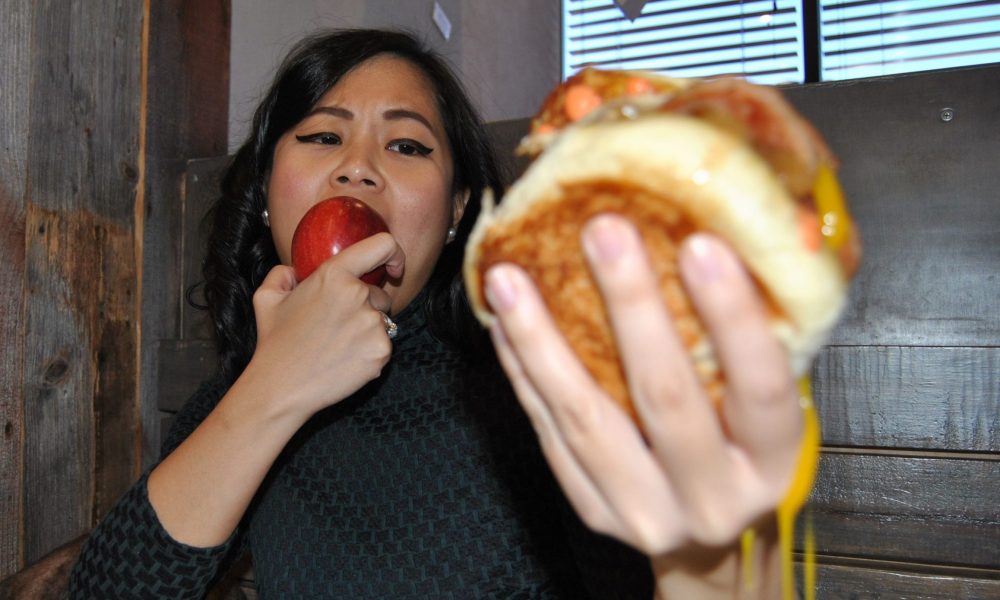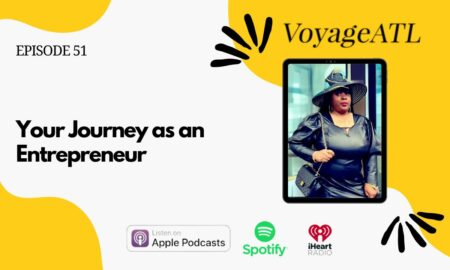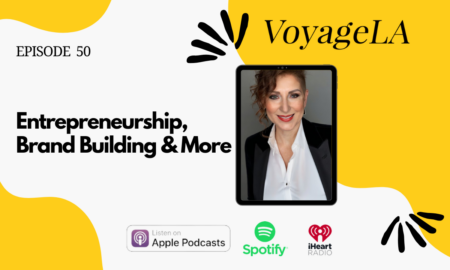

Today we’d like to introduce you to Cecilia Tran.
Cecilia, before we jump into specific questions, why don’t you give us some details about you and your story.
One morning, during my junior year of undergrad, I stepped onto the scale and immediately stepped off. I stepped back on and back off, and then, just to be absolutely sure that the scale wasn’t broken, I adjusted and re-adjusted the calibration knob, and stepped back onto the scale. The numbers weren’t lying: 40 pounds in less than three years, compliments of my lack of restraint at our college buffet-style cafeteria. My disregard for normal portion sizes and years of zero physical activity slowly transitioned my waist from a size two to a size ten. Having never thought twice about my nutrition, I suddenly found myself faced with two choices: continue my current lifestyle or make the necessary changes to get my health back.
My decision to incorporate healthy dietary changes and daily strength training marked the beginning of a thirty-pound weight loss over the next three years. I found my progress enthralling, and my co-workers and friends noticed my transformation. Our lunch break topics began to drift towards health, and for the first time, I had the opportunity to guide another through something I knew intimately. My passion for helping others achieve their health goals grew from there. I sought to elevate my knowledge to a professional level and chose to pursue a Master’s degree in nutrition at Auburn University. I went on to complete a dietetic internship at Emory University Hospital and now practice as an outpatient dietitian at Grady Health Systems.
Great, so let’s dig a little deeper into the story – has it been an easy path overall and if not, what were the challenges you’ve had to overcome?
Hahaha, no, it definitely has not been a smooth road. Growing up, I was the type of person who had my whole life planned out, with a clear direction of what I wanted to do and what I needed to do to get there. I always had my next three years mapped out and felt so sure of what my life would look like. I quickly learned that life doesn’t always go according to plan. I changed my major from a high-paying career path to one that made an average wage. I quit my job after college with no real idea of what I wanted to do. Even though I knew I wanted to study nutrition, I had no idea what careers looked like in this field; I didn’t even know what a dietitian was!
One of my classmates actually turned me onto dietetics, and I decided to pursue it because I needed some direction to follow. I dealt with imposter syndrome big time while I sat next to my classmates who knew exactly what they were doing once they got their degree. I thought about quitting school every single day of my graduate career because I had so little confidence in my abilities. One of the ways I got through all three years of school was reminding myself of the challenges I had faced and overcome before I had gotten there. Every time I was faced with something new and difficult, my automatic thought was “I can’t do this.” But I found a way every. single. time to tackle it head-on and come out on the other side. It is only through these challenges that we are able to grow, and I found myself a better person for it after I got through it.
My advice to young women who are starting their journey is to remember that everything is going to be okay. It’s really easy to become overwhelmed and freak out when everything doesn’t go as planned. It’s really easy for you to doubt your intelligence, your capabilities and yourself. Please don’t. You’ve mad it this far, not through luck, but through all of those things that you’re currently doubting about yourself right now. Trust in yourself, and don’t be afraid to ask for help. You’re not going to be good at everything when you first start, so ask people who you admire questions on how they approach situations or tackle certain obstacles. People are pretty open to sharing their tips to success if you just ask. The worst thing they can say is “no,” and that’s okay! Find someone else to ask!
Please tell us more about your work
I work as an outpatient clinical dietitian in the neighborhood clinics of Grady Hospital. Doctors primarily refer patients to me when they have diet-related chronic diseases, such as obesity, Type 2 Diabetes, heart disease, and/or kidney disease. I teach group nutrition education classes, as well as provide individual nutrition counseling for those with specialized needs. As most Atlantans know, Grady takes care of some of the most underserved people, many of whom are low-income. I cannot emphasize enough how much I LOVE working with my patients because I feel as though they need the most help.
The majority of my patients enter my classroom scared that I’m going to reprimand them for the number I see on the scale or for their current diet because that’s what they’re used to seeing in the media and what they’re used to hearing from healthcare providers or other people in their lives. They also believe that healthy eating isn’t possible for them because of their financial restraints or their past failures at sticking to a diet. My nutrition philosophy is all about balance. Eat your burgers, fries, pizza, and wings but don’t forget to incorporate vegetables, fruits, and whole grains in your diet too. I let them know that it’s okay to focus on just one or two small things related to their diet or their physical activity instead of asking them to completely overhaul their lifestyle habits.
For example, if you’ve never cooked a meal before and you only eat at fast-food restaurants, I’m not going to recommend meal prep right off the bat. I’m going to meet you in the middle and talk about better choices we can make at these food chains. Then patients can come to one of my cooking demos where I show them that making healthy recipes can be simple, quick and affordable. Hopefully, that makes them more comfortable to try cooking at home and then we can build on those skills.
Working at Grady is amazing because our work doesn’t stop after the patients leave the hospital. Research has shown that increased access to fresh fruits and vegetables helps people prevent and treat their chronic diseases and have better health outcomes. Grady has partnered with amazing organizations, such as the Atlanta Community Food Bank, Open Hand, and Wholesome Wave, to increase access to fresh produce to better serve our patients. I have just become the lead dietitian for the Fruit and Vegetable Prescription Program, a multistep program that empowers healthcare providers to write produce prescriptions for food-insecure patients with chronic diseases.
The six-month program provides six nutrition education lessons and six cooking classes taught by registered dietitians. We write prescriptions for free fruits and vegetables that patients can redeem at farmers’ markets, such as the Fresh MARTA markets. It is absolutely amazing to watch patients start the program having never heard about kale or stating that they’d never eat it, and coming out on the other side loving it and cooking it all of the time.
They’ve become exposed to purple okra, bok choy, Swiss chard, and other incredible vegetables that they would never pick up on their accord. They’re able to provide these nutritious foods to their family and have the confidence to make them on their own. The best part is having them come back for their clinic visits and see that they’ve got their blood pressure under control or that they’ve lowered their blood sugar levels through their diet. I am completely blessed to work for my patients, and their newfound excitement in nutrition is so rewarding.
There’s a wealth of academic research that suggests that lack of mentors and networking opportunities for women has materially affected the number of women in leadership roles. Smart organizations and industry leaders are working to change this, but in the meantime, do you have any advice for finding a mentor and building a network?
When it comes to networking, my advice is to remember peoples’ names. A person’s name is the most important thing to them, and if you can remember it, it makes them feel special and helps you establish a more immediate connection. If you’re bad at remembering names, try using it as often as you can during the conversation, especially right after they say it and at the close of the conversation. I even keep a note on my phone to keep track of people’s names that I believe I’ll see again often (like the lovely ladies who take care of me at Midtown Bowl aka my second home). You will be so surprised at how much more people will open up to you when you greet them again with their names!
Contact Info:
- Phone: 4705826588
- Email: cntran@gmh.edu
- Instagram: https://www.instagram.com/cecil_buttons/





 Image Credit:
Image Credit:
Angela Tran
Eubie Pabilona
Suggest a story: VoyageATL is built on recommendations from the community; it’s how we uncover hidden gems, so if you or someone you know deserves recognition please let us know here.




















